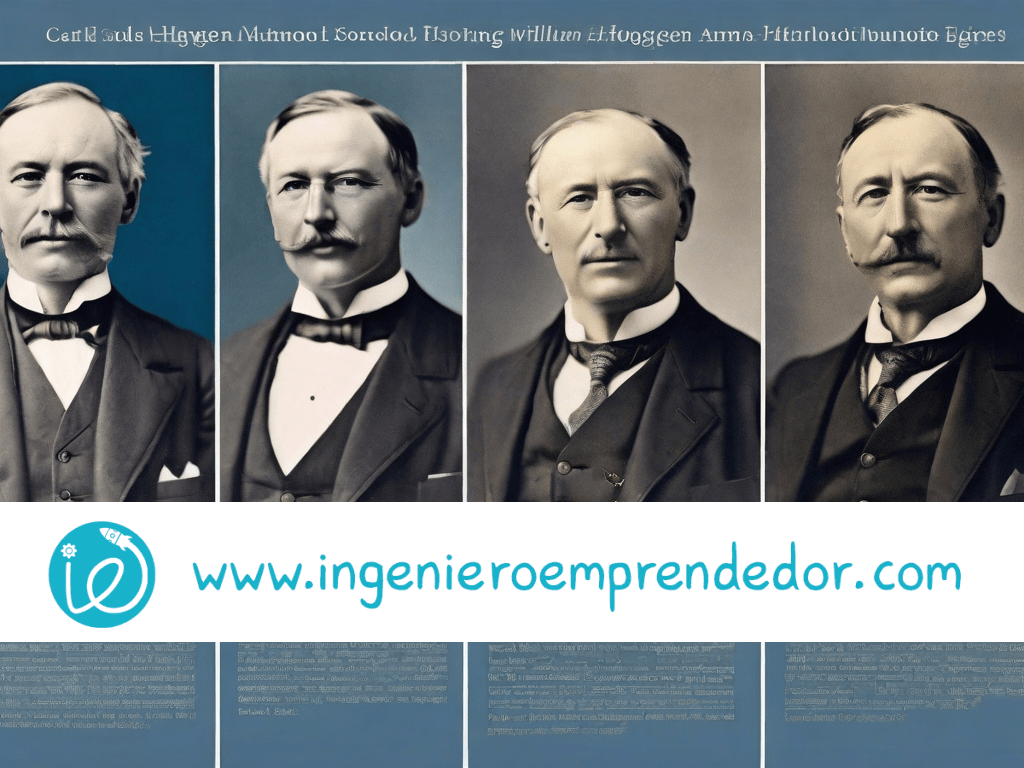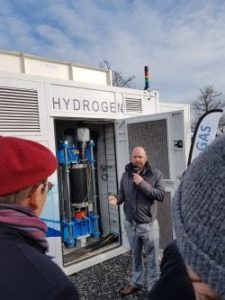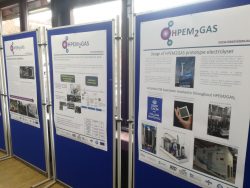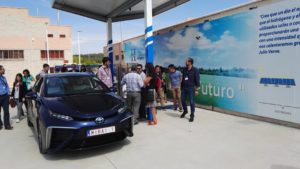The Inventors Behind Hydrogen, Ammonia, and Methanol Combustion Engines: A Look into History

Introduction:
Hello everyone, my name is Juan Antonio Roldán, and I am passionate about hydrogen and alternative fuels. Today we will embark on a fascinating journey through the history of innovation, exploring the origins of hydrogen, ammonia, and methanol combustion engines.
Hydrogen Combustion Engines:
- François Isaac de Rivaz (1806): Credited with creating the first internal combustion engine that used hydrogen as fuel. His design was rudimentary but marked a milestone in history.
- Étienne Lenoir (1860): Developed a more efficient hydrogen engine than Rivaz’s, boosting interest in this alternative fuel.
- Johannes Wilhelm Hittorf (1882): Conducted important research on hydrogen combustion, laying the foundation for future advancements.
- Today: Various companies and institutions are developing more efficient and cleaner hydrogen combustion engines, aiming to create a more sustainable future.
Ammonia Combustion Engines:
- Fritz Haber and Carl Bosch (1909): Developed the Haber-Bosch process, which allows for the synthesis of ammonia from nitrogen and hydrogen. This breakthrough opened the door to using ammonia as a fuel.
- Wilhelm Pflaum (1920): Patented the first ammonia combustion engine.
- World War II: Ammonia was used as a fuel in some military vehicles due to gasoline shortages.
- Present day: Research is being conducted to develop more efficient ammonia engines with lower emissions.
Methanol Combustion Engines:
- Robert Wilhelm Bunsen (1860): Discovered that methanol could be used as a fuel in internal combustion engines.
- M. T. Ford (1926): Designed a methanol engine for his Ford Model T.
- 1970s: Methanol was used as a fuel in some racing vehicles.
- Today: Methanol is considered a viable alternative fuel for marine and land transportation.
Conclusions:
From François Isaac de Rivaz to Christian Friedrich Schönbein, Paul D. Richards, and Roger Billings, these visionaries have left a lasting legacy in the history of engineering and technology. Their pioneering contributions to the development of alternative combustion engines have paved the way for a cleaner and more sustainable future in transportation. By honoring their work, they inspire us to continue exploring new frontiers in the search for innovative and environmentally friendly energy solutions.
- The invention of hydrogen, ammonia, and methanol combustion engines has been a gradual process with several important milestones throughout history.
- Various inventors and researchers have contributed to the development of these engines, driving the quest for more efficient and sustainable alternative fuels.
- The future of green energy is linked to the development of innovative technologies such as hydrogen, ammonia, and methanol combustion engines.

























